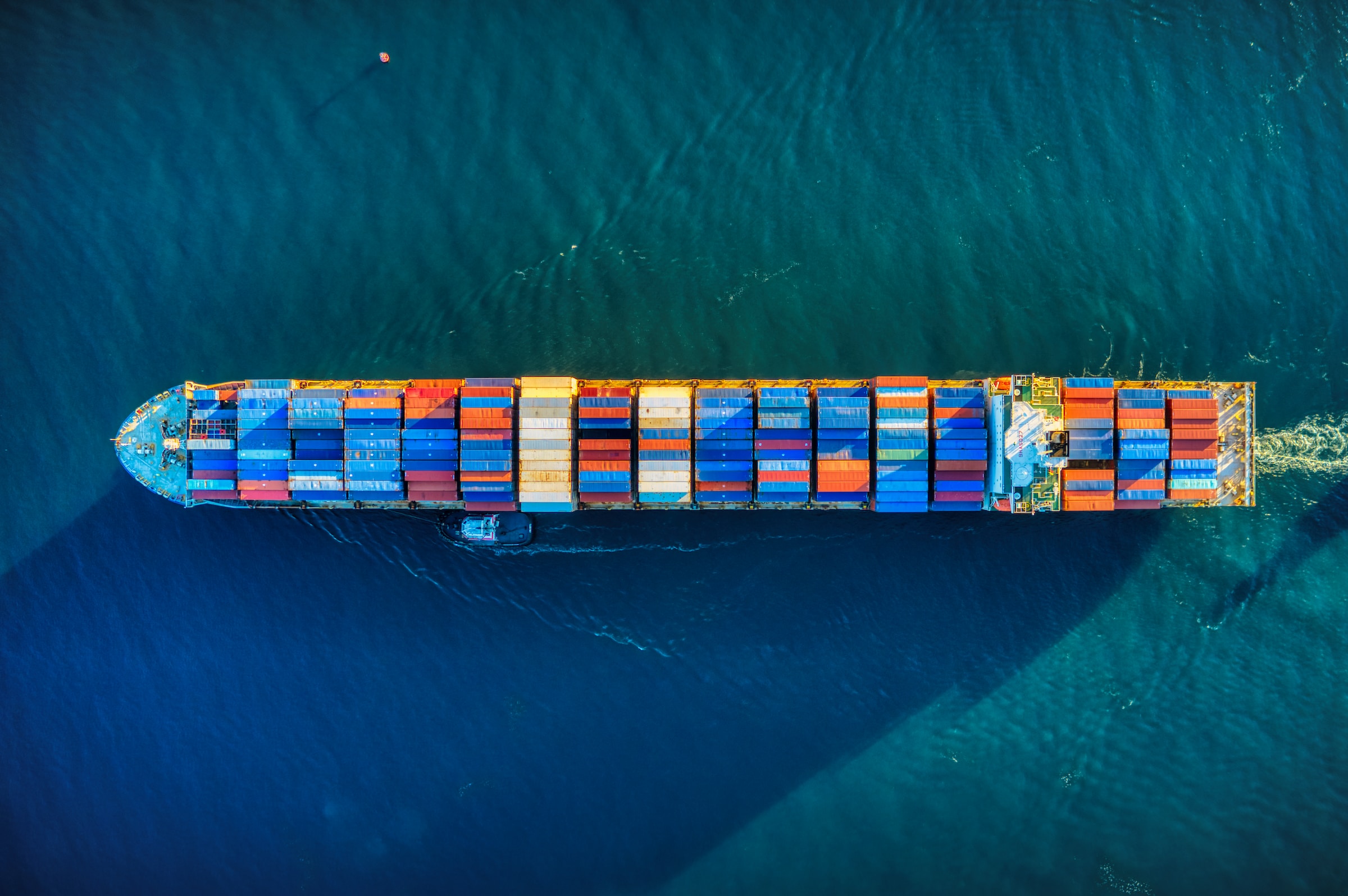Making Waves in the Shipping Industry: This Startup Could Help Decarbonize Global Transportation with Carbon Capture Technology
The shipping industry is a major contributor to climate change and one of the last “hard-to-abate” sectors along with steel, cement, and aviation. In fact, it accounts for about 3% of global greenhouse gas emissions. That’s why it’s so important to find ways to decarbonize the shipping industry.
One company that’s working on a solution is Seabound, a Shared Future fund portfolio company. Seabound’s co-founders, Alisha Fredriksson and Roujia Wen, are making waves and have been recognized on the 2023 Forbes 30 Under 30 Europe Social Impact list.
Seabound is developing carbon capture technology that can be installed on existing or new ships, attaching directly to the ship and pulling carbon from the engine’s exhaust. The CO2 is then temporarily stored onboard the ship, carried back to port and sold to either be stored permanently underground or turned into new products like fuels. The company estimates that its technology could reduce emissions per ship by up to 95%. That’s a huge number, and it could make a major difference in the fight against climate change.
Seabound’s technology is based on a process called calcium looping. Calcium looping is a cyclical chemical process that uses solid materials to pull CO2 out of flue gas. Specifically, you have a material called calcium oxide, which reacts with carbon dioxide to form calcium carbonate, which is otherwise known as limestone.
Seabound’s technology is expected to be cost-competitive with analogous equipment for reducing sulfur emissions from ships, which are known as scrubbers. Notably, the company has a patent pending for a compact form of calcium looping device, which is specifically suited for installation on a wide range of ships.
And that’s captured the attention of major shipowners. Seabound has signed seven letters of intent with major shipowners and is launching its first trial with one of these partners, lomarlabs, this summer. The London-based company raised more than $4M in a seed round including Lowercarbon Capital, Shared Future Fund, Y Combinator, Eastern Pacific Shipping, Emles Venture Partners, Hawktail, Rebel Fund and Soma Capital. You can learn more about Seabound in this feature in Forbes and about their upcoming trial with lomarlabs and Lomar Shipping in TradeWinds.
Image credit: Unsplash
